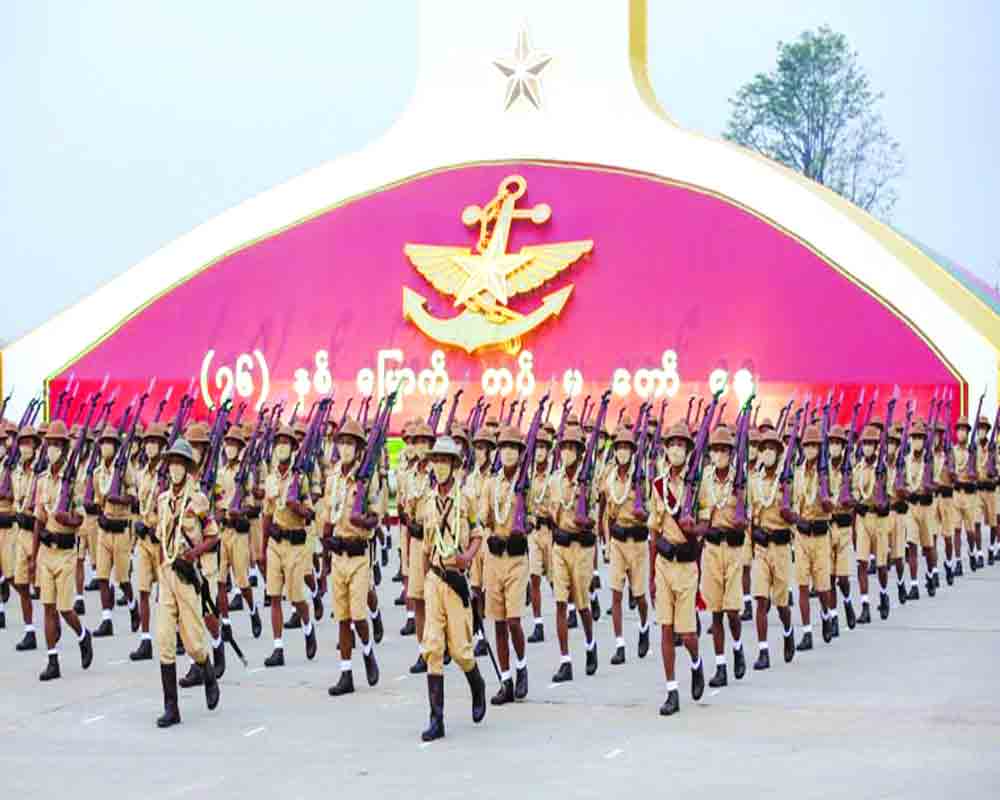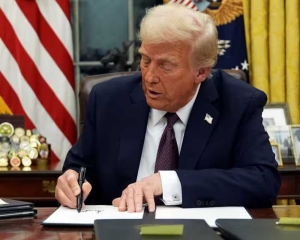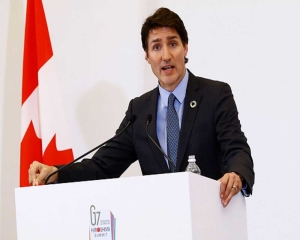The policy of promoting pariah regimes and dictators increases China's strategic depth as such regimes are globally isolated and not accountable to their people
The recent news of China inaugurating its rail link to Myanmar may have been overlooked because of the Afghan mayhem. The project is a part of its sea-road-rail link under OBOR which Myanmar had joined in 2013. It connects Chengdu to Lincang which is opposite Chin Shwe Haw, a town in Myanmar's North East. Myanmar's cities of Mandalay, Lashio and Hsenwi will now see rail connectivity with other intersecting points with China. The larger purpose of this link is to connect China to the Bay of Bengal and finally to the Indian Ocean Region.
In early August, China had transferred more than $6 million for theseprojects. Further, in the early months of the military coup in Myanmar, the Chinese referred to the Junta chief, Senior General Min Aung Hlaing, as the “leader of Myanmar”which became “government" by the time Taliban took over Afghanistan.To understand this equation, one must be aware of China's 'dictatorship diplomacy' that it practices towards regimes such as North Korea and some African states.
The policy of promoting pariah regimes and dictators increases China's strategic depth as such regimes are internationally isolated and are not accountable to their people. Their human rights violations are brushed aside and labeled as “internal matters”. In 1955,China adopted the principles of non-interference, respect for the sovereignty of others, non-aggression and peaceful co-existence. Nevertheless,this never meant that democracy had to be insisted upon. Beijing cleverly calibrated its foreign policy in contrast to the American policies of promotion of democracy and human rights.
Myanmar is no exception. Various international reports cite simultaneous Chinese arming of the ethnic military factions of Myanmar with sophisticated weapons. In the 1960s and 1970s, Beijing had adopted a policy of arming and training a few ethnic groups in Myanmar owing to their affiliations with the Chinese Communist Partydue to their ethnic backgrounds. Beijing found active sympathisers in the Communist Party of Burma (CPB) and incited them against their own government in Myanmar. Later, General Ne Wi (Revolutionary Council government) was replaced by the Burma Socialist Programme Party (BSPP) in 1974 and in the 1980s as pro-democracy movement was brutally crushed. Western sanctions were imposed on Myanmar, but China filled the military and financial void aiming not only to cut down on the Western influence but also to contain India's strategic outreach. Throughout the 1980s, China actively vetoed UN and other resolutions against Myanmar's Junta regime and was able to strategically converge with Myanmar by labelling the US as an “interfering power”.
In 1994, China and Myanmar issued a joint Communiqué that stressed on their common “choice” of social development. Myanmar in return always stood by China on Taiwan and ‘one China' policy. From 2014-16, China was the largest military supplier to Myanmar with its arms trade totalling US$ 440 million.
This 'dictatorship diplomacy' of China may havehad two motivations. The first relates to the access to Indian Ocean by bypassing the Malacca Strait and the second is possibly tolay hands on natural resources Myanmar is known for.
China has nurtured the Junta specifically to counter the Indian presence in Myanmar.During late 1980s and early 1990s, India owing to its democratic principles had disapproved of Myanmar's military regime; China took advantage of it. The Junta had already leased Coco and Greater Coco islands to China as also important military installations near Yangon, Moulmein and Manaung and a listening facility in the Ramree Islands (in Rakhine Province). These speak of the depth of Chinese penetration. The installation of a signals intelligence (SIGINT) collecting facility at Zadetkyi Island (near Indonesia’s Sabang Island) is disturbing as it is barely 600-odd km away from the Andaman and Nicobar Islands and poses a serious threat to Indian interests.
Currently, China faces its Malacca Dilemma, named after the strait, through which its major share of exports and oil imports pass through. In order to overcome its fears of India’s control it made the Kyaukphyu port of Myanmar serve as a terminal for a $1.5 billion oil pipeline and second natural gas pipeline running to Kunming in Yunnan Province. In 2007, China sealed an oil pipeline deal that aimed to link Sittwe in Myanmar with Kunming. The following year, Myanmar stripped New Delhi of its preferential buyer status and committed itself to sell its resources to China National Petroleum Corporation for the next 30 years beginning 2013. In 2009, China announced the construction of an oil pipeline through Myanmar to Yunnan. The larger objective of these pipelines is basically to avoid the Malacca Strait as a transit for its oil and other requirements. The penetration of China can only be imagined when in 2017, the road construction project in Myanmar by an Indian company- C&C Constructions -- received a setback when Indian workers were abducted by the Arakan Army and building material was damaged.
From an internal security aspect, its support to the insurgency movements of India is another objective of China. The pipelines are accompanied by a road network. In 2015, China completed road construction from the Yunnan province till the Pangsau pass on the border of Arunachal Pradesh citing trade facilitation between India, Myanmar and China. Apart from the trade, what can be the road for? In the past, the porous Indo-Myanmar and Indo-Bangladesh border have been actively used by China to supply arms via Myanmar to fuel the North-EastIndian insurgencies. The process that started after the 1962 war also witnessed active training to the Naga insurgents.
Internationally, there are many examples of China’s ‘dictatorship diplomacy’. In 1996, amidst the Western sanctions, Chinese companies purchased a 40 percent share in the Greater Nile Petroleum Operating Company. In 2004, when Iran was reeling under international pressure, Tehran agreed to sell to a Chinese corporation $20 billion worth of natural gas per year. This was in addition to Beijing being the largest purchaser of its crude oil supplies. In the same year, China, opposed to the pressures on Iran, invited it to be a member of the Shanghai Cooperation Organisation. Similar approaches have been made in Venezuela, Zimbabwe and North Korea.
As China tries to reshape existing security architectures in its favour, the West too is recalibrating its policies. For instance, despite not supporting the military rule in Myanmar, the US government announced humanitarian aid worth $50 million to Myanmar in order to combat the Covid pandemic crisis.
Finally, one has no hesitation to put across the view that China's state practice of dealing with pariah regimes along with the democratic ones with the same ease increases the challenges for the world, especially India. Beijing has been able to carve an alternate vision of the world order that presents before the extremist groups and dictators a very lucrative source of gradual legitimization and recognition. The fundamental principles of international law which stand for democratisation and the respect of the wishes of the people are gradually being eroded which will threaten the existing security architectures across the regions.
(The writer is an Assistant Professor at Central University of Punjab, Bathinda. The views expressed are personal.)
























